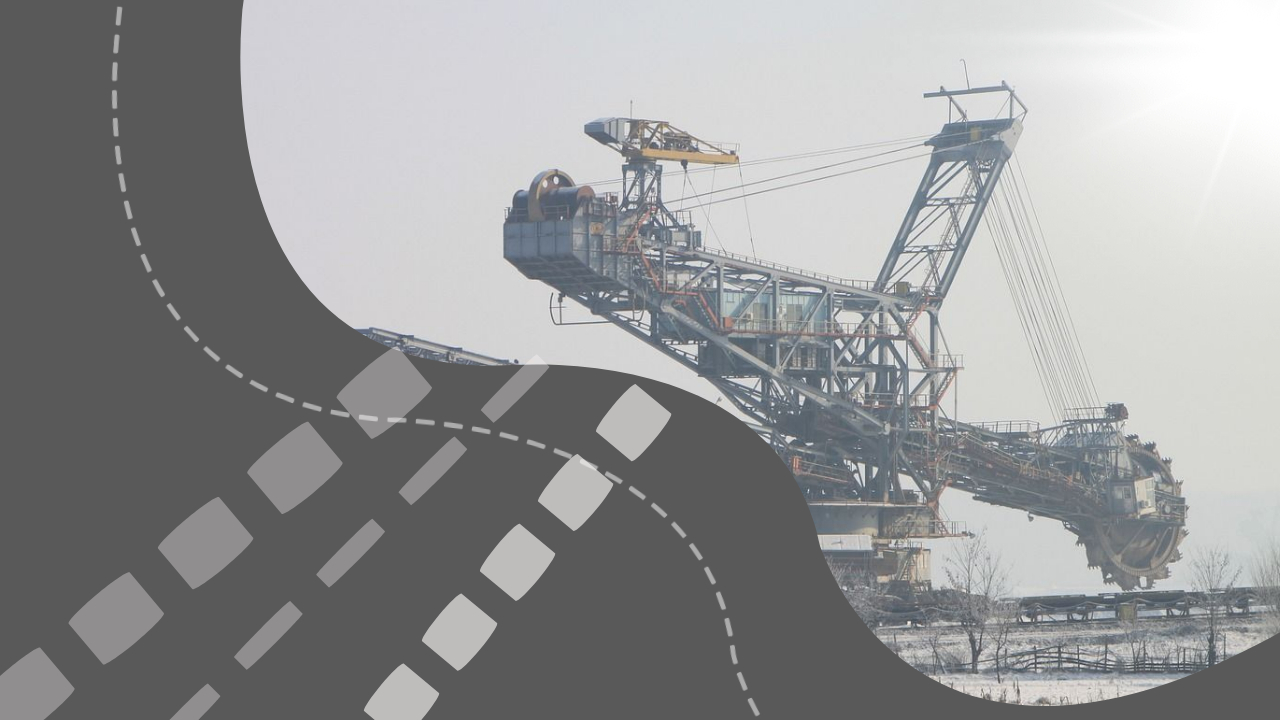Addressing the 1st Congress of Geologists of Kazakhstan, Zholmagambetov emphasized the drawbacks associated with importing raw materials, including high transportation costs and the vulnerability to political instability in the extraction countries, which may result in restrictions on raw material exports. The extensive exploitation of inherited reserves of valuable minerals from the Soviet era, coupled with limited replenishment rates, is gradually depleting these resources.
Zholmagambetov highlighted that notable lead-zinc deposits in Eastern Kazakhstan, such as Shemonaiha, Yubileino-Snegirikha, and Zyryanovsk, have been entirely depleted. Consequently, after 65 years of operation, the Torgai Bauxite Ore Management of Aluminum Kazakhstan JSC, a subsidiary of ERG, has ceased all activities. Overall, reserves of non-ferrous and noble metals, which significantly contribute to the country’s exports, could be exhausted within the next 10-15 years.
Furthermore, Zholmagambetov addressed the issue of raw material shortages in certain industrial enterprises within the country. Ulbinsky Metallurgical Plant JSC, one of only three global producers of beryllium alongside the United States and Japan, and one of four producers of tantalum products alongside the United States, Japan, and China, faces this challenge. The plant’s output is entirely exported and utilized by European companies such as Plansee SE, Auerhammer Metallwerk GmbH, and AVX Lanskroun.
“Due to the absence of domestic reserves, tantalum-niobium raw materials are imported from the Congo. A similar situation arises for the Ust-Kamenogorsk Titanium-Magnesium Plant JSC, which imports raw materials for titanium production from Norway. There is also a dependency of the State Enterprise Zhezkazganredmet on Corporation Kazakhmys LLP for raw materials. Consequently, 100% of the products produced by Zhezkazganredmet transition into the ownership of Corporation Kazakhmys LLP,” added Zholmagambetov.
In pursuit of the goal to transition to deep processing, Kazakhstan has proposed to the European Union the establishment of joint production for the processing of metallic ores and the production of finished products, including lithium-ion batteries, electrical products, and catalysts, within the country.
“To achieve this, it is imperative for Kazakhstan, especially its domestic industries, to ensure resource independence. Our current endeavors are focused on the creation of technologically advanced industries that prioritize the production of intermediate and high value-added products,” explained Zholmagambetov.
In the medium term, Zholmagambetov stressed the importance of the following actions for Kazakhstan:
- Continuously conduct geological exploration, involving specialized domestic and foreign companies, to search for new deposits.
- Establish a register of all accumulated technogenic waste, accompanied by laboratory analysis of their chemical composition.
- Update the register of all existing deposits (copper, uranium, phosphate, coal, etc.) of minerals in Kazakhstan to assess the potential of subsoil resources, confirm the reliability of reserves in terms of minerals and metals, and determine a list of valuable components to be extracted from each deposit, specifying minimum extraction coefficients for concentrates and metals.
During the congress, a memorandum of understanding was signed between the National Geological Survey and the British Geological Survey to further cooperation in this field.

